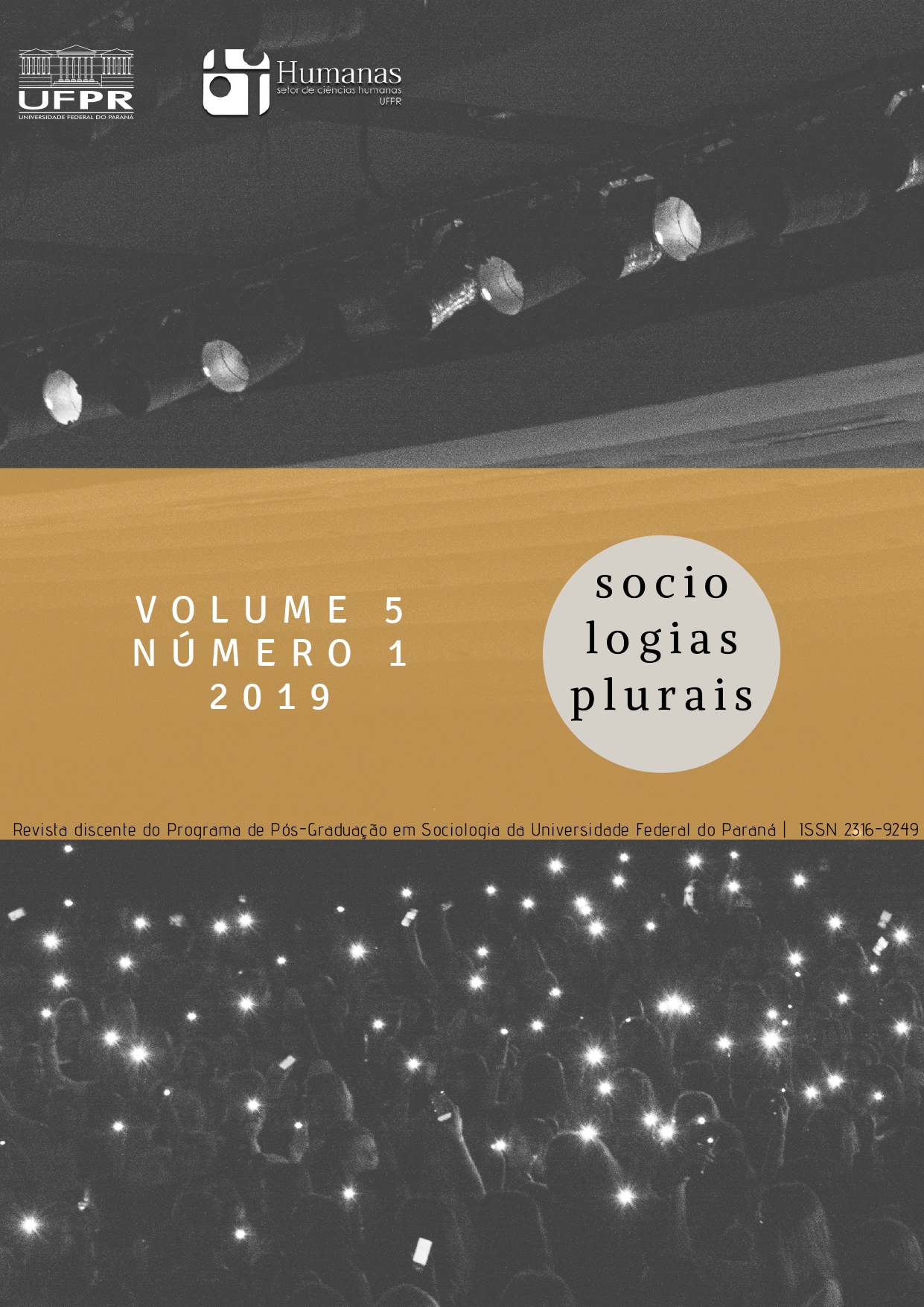“Marielle became a seed”: representativeness and the new modes of political interaction of black women in the institutional spaces of power
DOI:
https://doi.org/10.5380/sclplr.v5i1.68214Keywords:
Black feminism, Black woman, Political representativeness.Abstract
The present paper seeks to identify the candidacies of black women in theproportional elections of 2018 as part of a collective, broad and continuous project of emancipation and social transformation that has guided the experiences of organization and resistance of black women from the period of slavery to the current black feminist movements.Based on this premise, we propose to carry out a brief bibliographical review of the literature on black feminism in order to acknowledge, to list ,and to understand the campaign actions of black candidates to the proportional elections in 2018, which have adhered to a proposal of collectivization of mandates. In this sense, the violent and premature death of council woman Marielle Franco is seen at the same time as an attempt to abruptly interrupt this project, and as the germ of an innovative political-institutional action, which values collective participation, racial identity and and the rupture with the traditional forms of political acting.
Downloads
Published
How to Cite
Issue
Section
License
Attribution-Non Commercial 4.0 International (CC BY-NC 4.0)
You are free to:
Share— copy and redistribute the material in any medium or format and
Adapt— remix, transform, and build upon the material.
Under the following terms:
Attribution — You must give appropriate credit, provide a link to the license, and indicate if changes were made. You may do so in any reasonable manner, but not in any way that suggests the licensor endorses you or your use.
Non Commercial — You may not use the material for commercial purposes.
No additional restrictions — You may not apply legal terms or technological measures that legally restrict others from doing anything the license permits.









